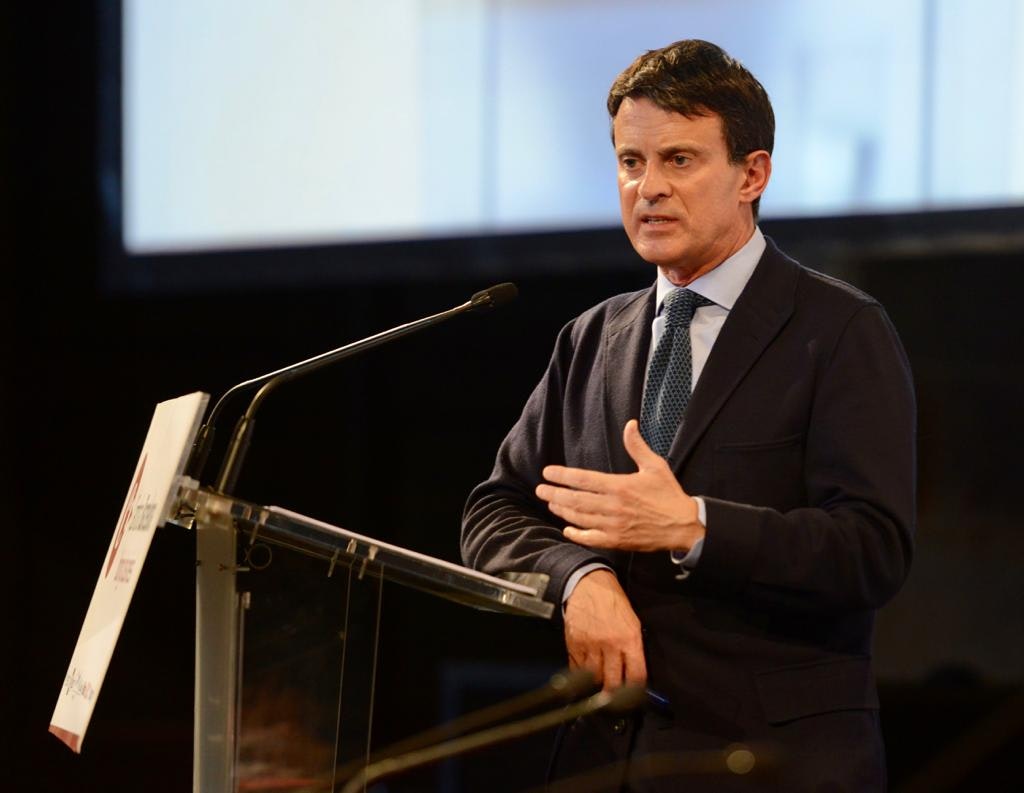When Enrique Silla first visited Europe’s denim laundries in the early 90s, he saw an immediate contradiction between the perception of the product, and the way the fabric was produced.
“For me, jeans represented the spirit of the rebels, the people who love the planet, peace and love during the hippy times, the symbol of the people taking care of the planet,” he says.
But the reality is that making jeans is a dirty and wasteful process.
“You saw all of the blue dye coming out of the machines, you saw all these people spraying bleach and potassium permanganate and blasting sand without any kind of protection. It made you feel terrible. So I thought it was a great idea to create a company in order to change, in a disruptive way, the way jeans were produced.”
It was this contradiction that led him to start Jeanologia, the Valencia-based maker of eco-friendly denim manufacturing equipment which is used in about one-third of the 6bn pairs of jeans produced every year.
The company is seeing strong growth now in particular amid increased interest from consumers in environmentally-friendly processes and a growing awareness that the fast-fashion industry has a huge environmental footprint.
The World Bank predicts that the apparel industry accounts for 20 percent of the world’s water contamination, and the dyes and intensive chemical usage involved in denim production make the fabric one of the worst offenders.
The beginning
Jeanologia’s first invention in 1999 sought to address the environmental damage caused by stonewashed denim production, the finishing process that gives jeans the worn, “distressed” looks that are so common on high street shelves today.
Stonewashed styles were traditionally achieved by throwing denim into industrial washing machines with pumice stones, which would spin for as long as seven hours continuously, before chemicals and sand were sprayed to further wear down the fabric.
To put an end to this barrage of water and chemicals, Silla led the development of Jeanologia’s textile laser, which allows jean designers to recreate these worn effects in seconds, using only the concentrated light of a laser beam.
Subsequent innovations from Silla’s team have included washing machines that replace water with high-tech alternatives such as ozone particles and nanobubbles. When used in combination, Jeanologia say their technology can decrease energy usage by a third, chemical usage by two thirds, and water consumption by 71%.
Bringing production closer to the consumer
The company’s latest proposal for the industry - an all-in-one system that introduces water recycling to further reduce pollution - is designed to try and radically reshape global supply chains within the denim industry.
“We believe that in three years our mission will be finished and that jeans will be completely detoxified and dehydrated, so no more water or toxic chemicals will be used in a single pair of jeans around the world,” says Silla.
Historically, denim production centres have always been located near rivers. Now Silla hopes that, by eliminating the need for proximity to a water source, denim will soon be produced in all of the world’s major cities, drastically reducing CO2 emissions from transportation and waste.
“If we can produce jeans without water, that means that we can have our factory in any place in the world,” says Silla.
“Rather than sell what you produce, you will produce what you sell, so you change from a supply chain to a demand chain. There will be no more stocks that end up in landfill and contaminate the world.”
From consultancy to technology
This system of combined technologies is the product of 20 years of innovation, but Jeanologia didn’t begin its life as a tech company.
“We were working as a consultancy company for several years,” explains Silla, “We were reducing clients’ costs by reducing water, by reducing energy, by reducing discharge, improving things by 10%, 15%, 20%, but our dream wasn’t to improve by 10 %. Our dream was to improve things by 20 times. So we thought ‘Ok, we need technology.’”
Silla describes this transition, from consultancy to technology, as the most difficult chapter of Jeanologia’s history, particularly the task of training workers from traditional production sites in how to use their machines.
“They were used to working with spray, sandpaper, hands, complete craft,” he says, “This was about computers and electronics, it was a complete change of mindset within these production centres. We were trying to create tech artisans.”
Business as a force for good
But despite the challenges, Jeanologia’s beginnings in consultancy have had their advantages. The company were able to fund all initial research and development of new technologies through consultancy revenue, only deciding to allow a minority shareholder into the company in 2012.
“More than looking for funds, was that we thought that this will help us have a wider view, higher ambition and to professionalise the company in a better way,” Silla explains, “You know when a startup starts with a founder sometimes you need someone from outside that helps you to go the next step.”
For Silla, the most important thing when choosing an investor was that they shared his mantra - that real positive change is achieved when social and environmental benefits are aligned with a strong business case. Earlier this year, US buyout group Carlyle acquired a 40% stake in the company at a valuation of €150m.
Silla is aware that his company can’t solve all of the textile industry’s environmental problems, as consumers are buying more clothes, and wearing each item less often. But, with its technology improving environmental outcomes in the production of 1.75 billion pairs of jeans every year, Jeanologia has made a pretty good start.



